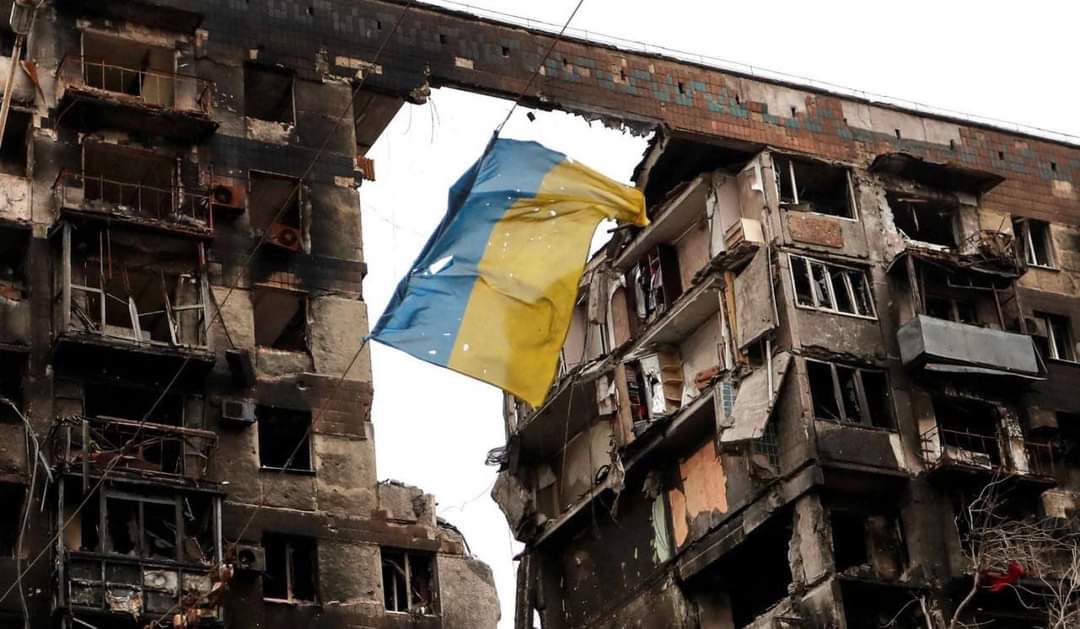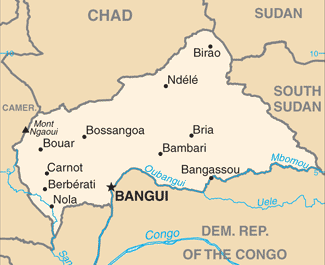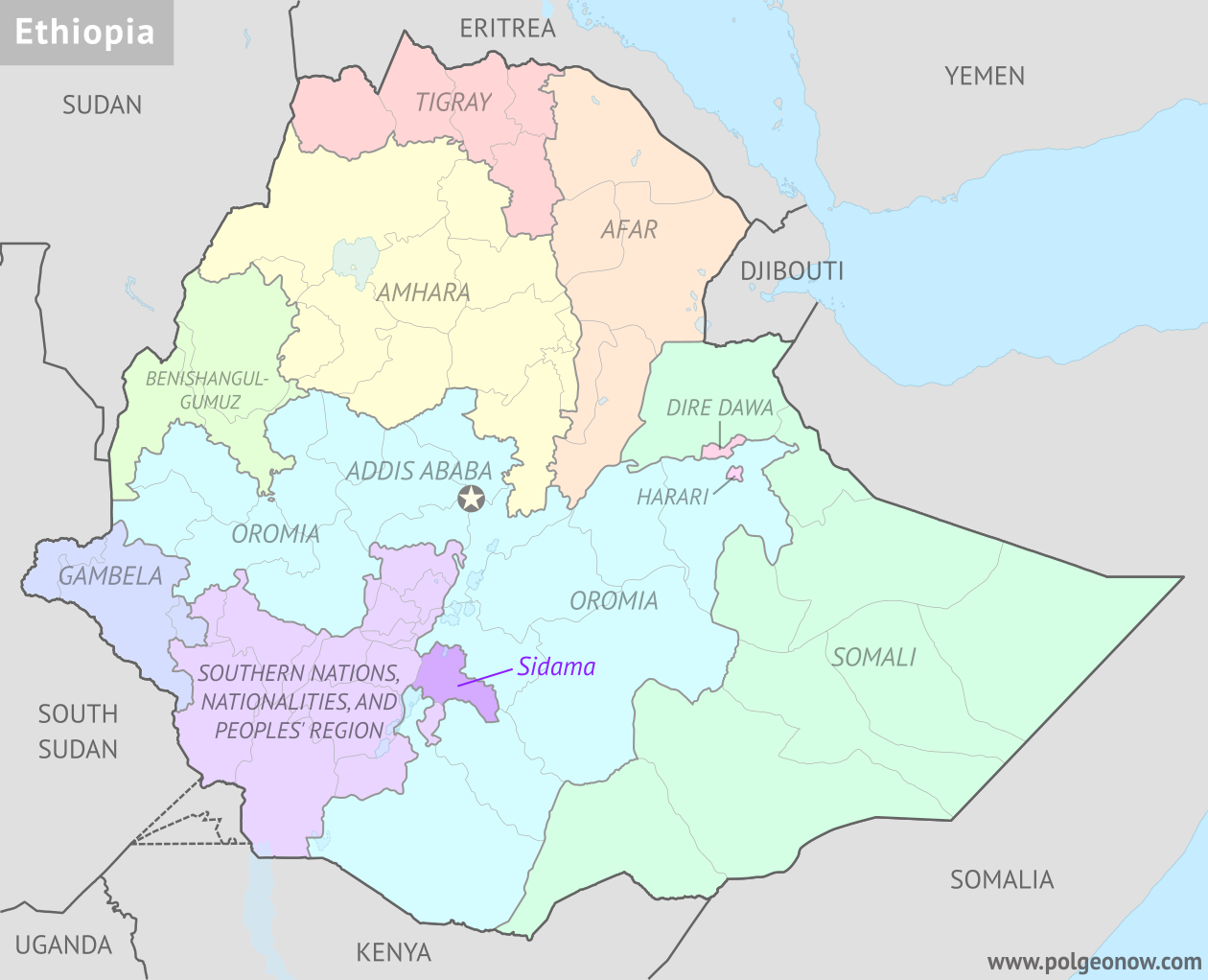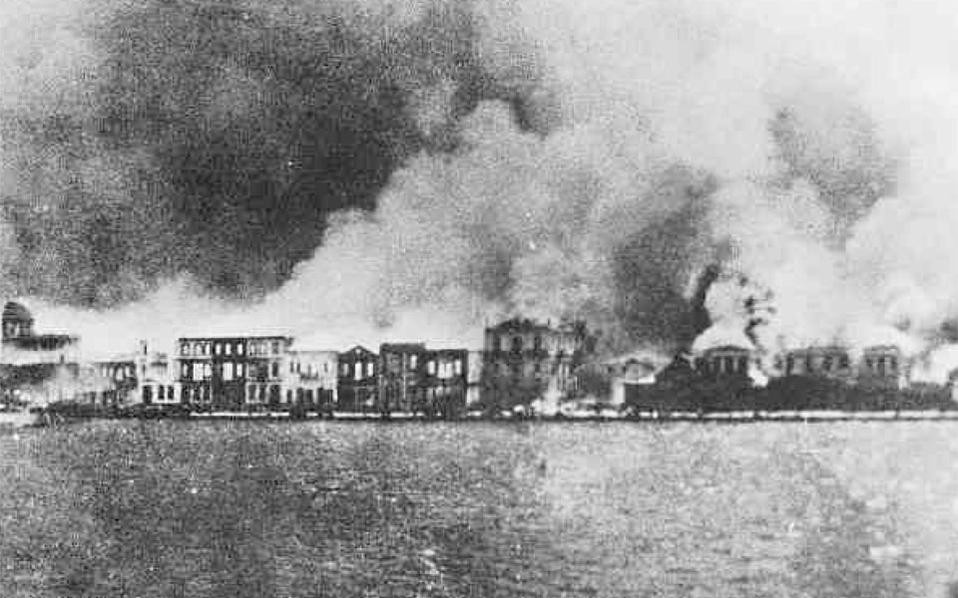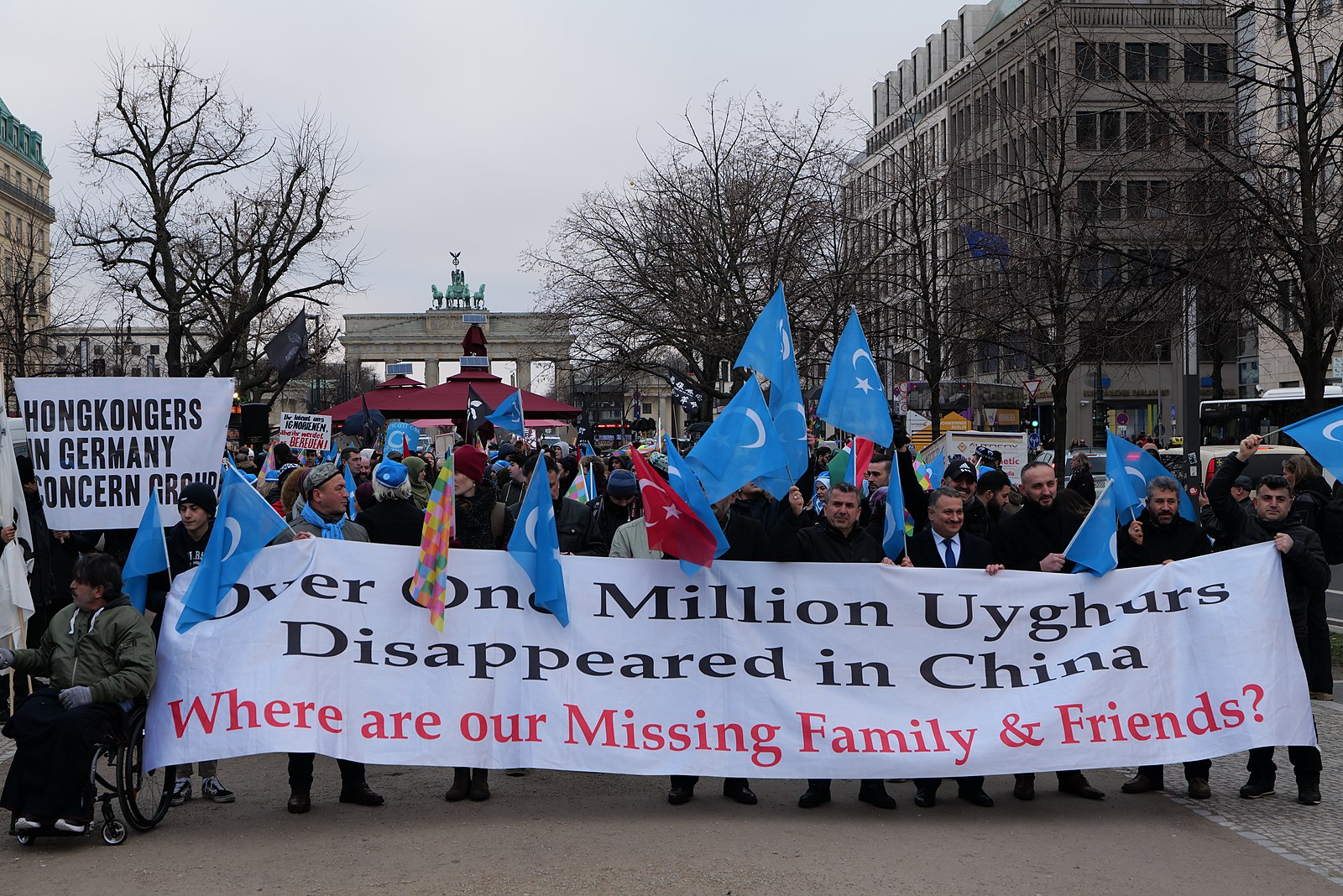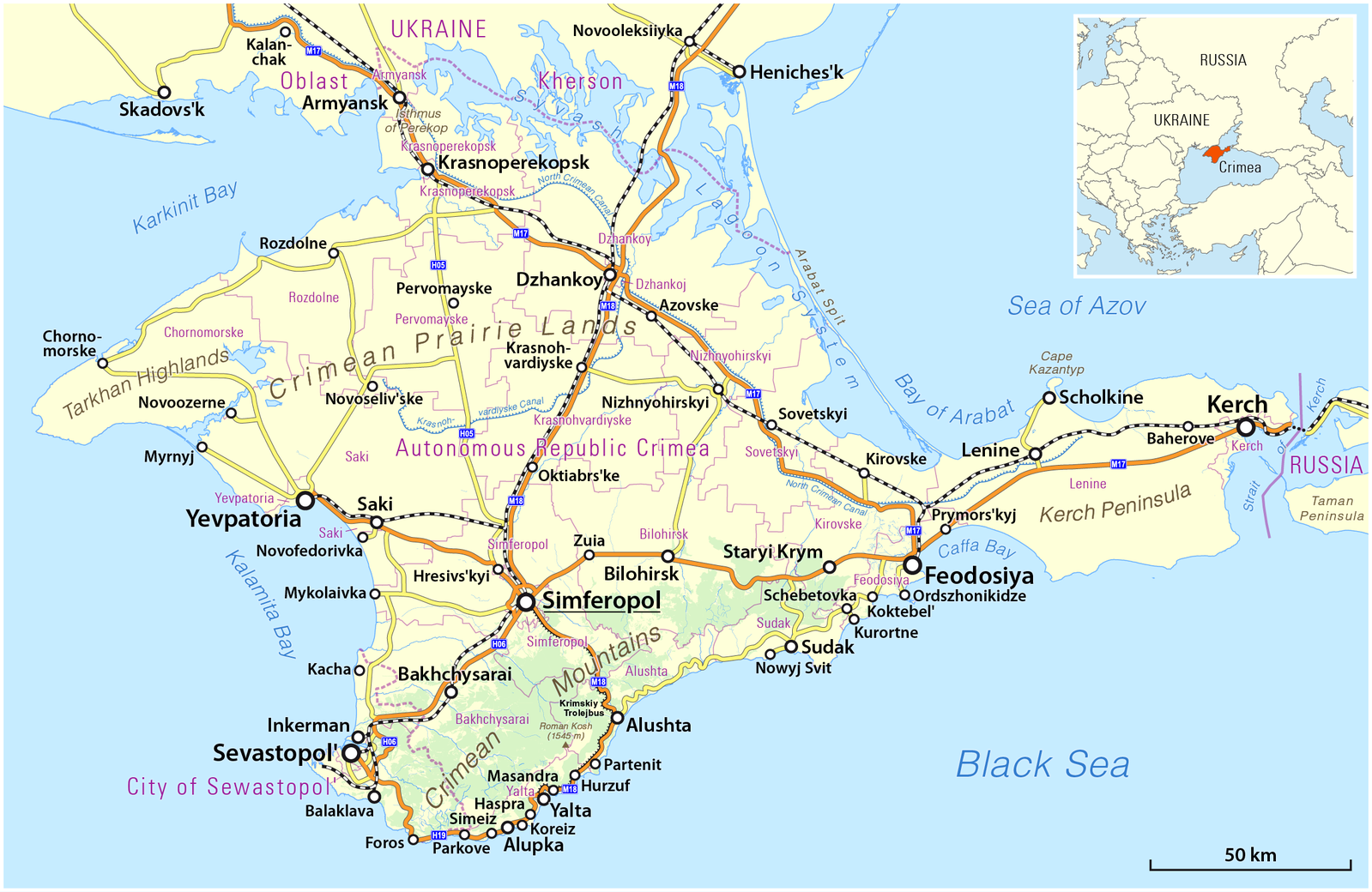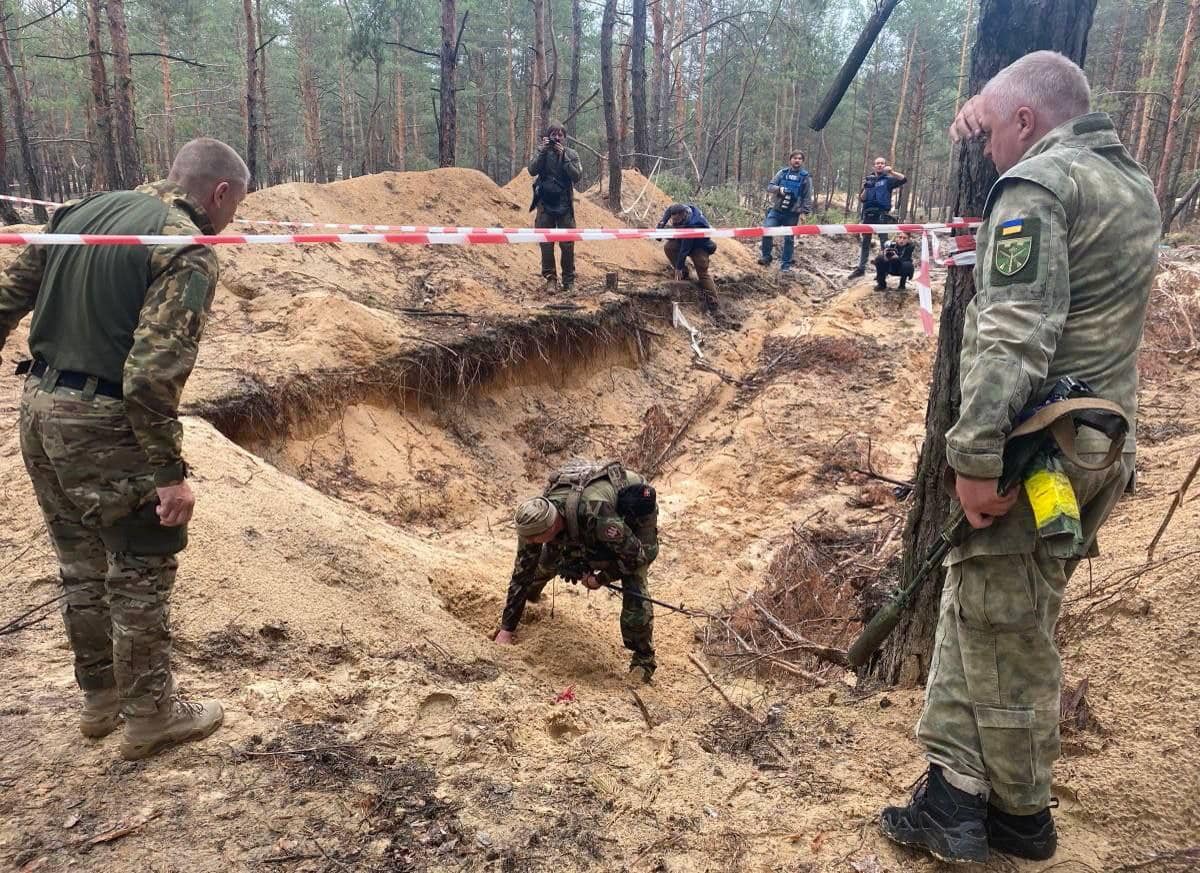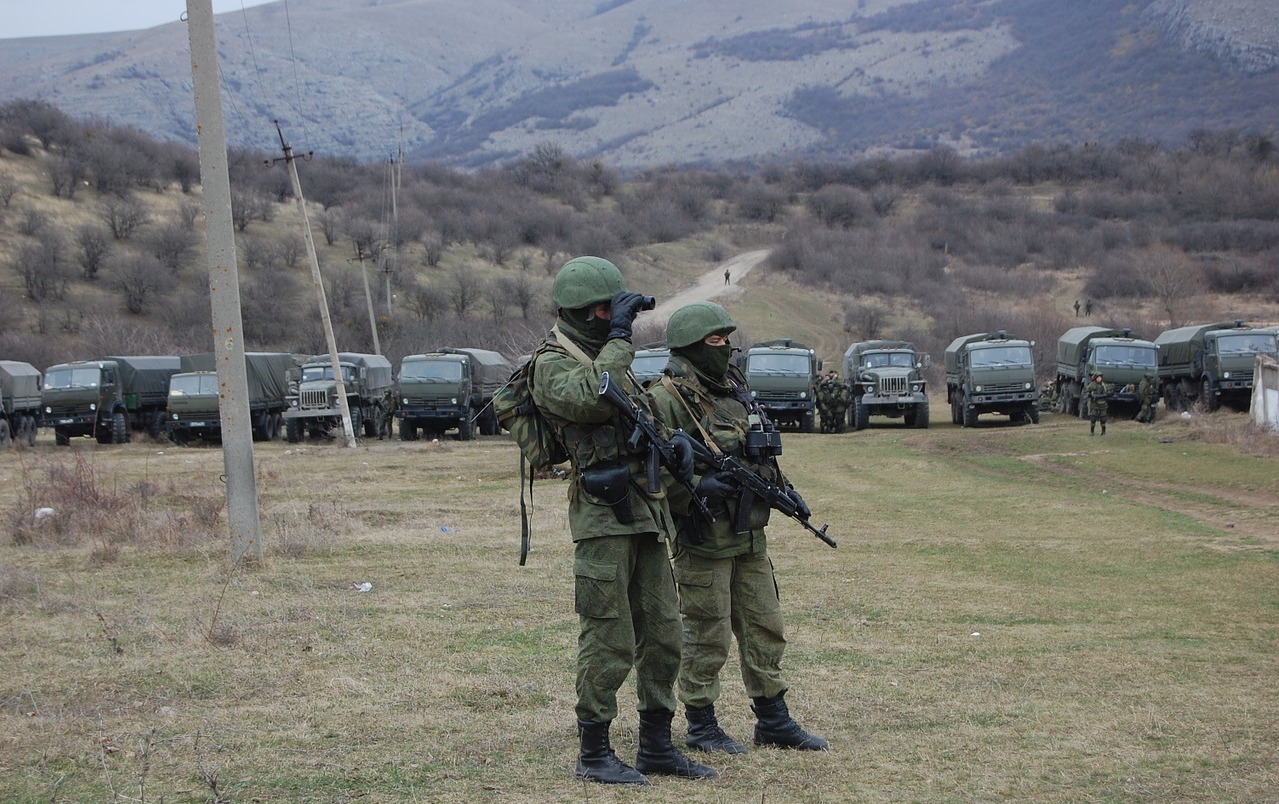Europe
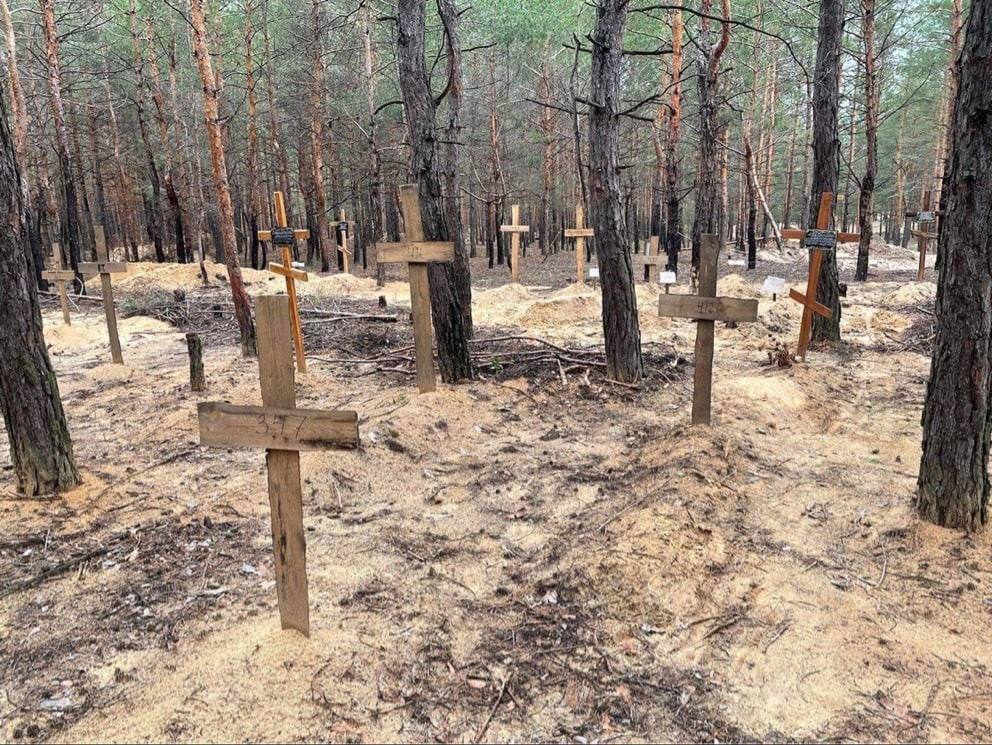
The UN Independent International Commission of Inquiry on Ukraine informed the Human Rights Council that based on the evidence gathered, Russia has committed war crimes in Ukraine. The Commission noted use of explosive weapons in populated areas without “distinguishing between civilians and combatants.” The Commission also reported a large number of probable executions carried out in the areas it visited, citing “visible signs of executions on bodies, such as hands tied behind backs, gunshot wounds to the head, and slit throats.” The Commission also found that some Russian soldiers had committed sexual and gender-based violence, and that it had documented cases of children raped, tortured, unlawfully confined, and killed or injured in indiscriminate attacks. (Photo via Twitter)




